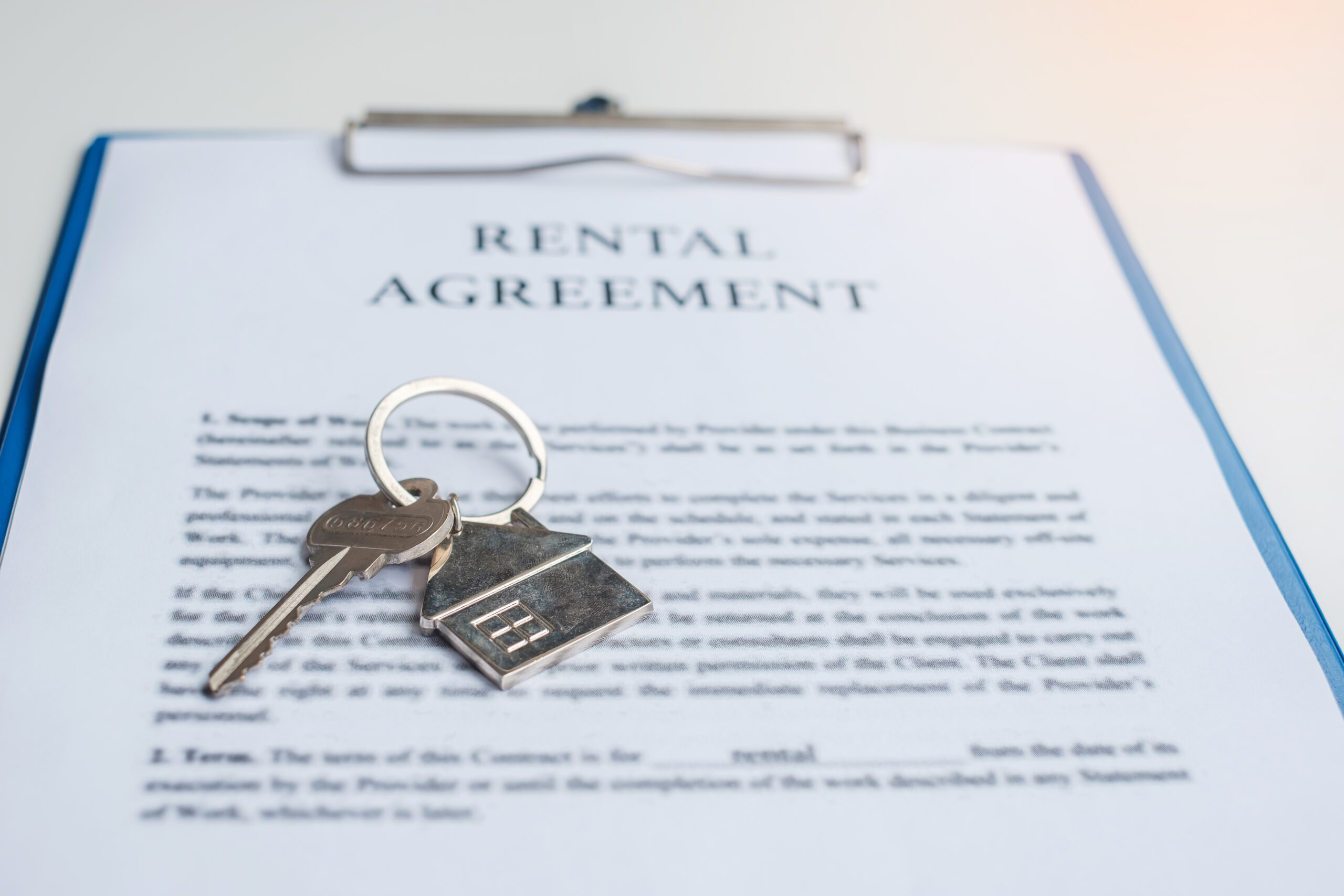New York City is a vibrant hub for businesses of all types, from corner coffee shops to global company headquarters. However, the process of securing commercial space in NYC can be daunting due to its unique and often complex leasing regulations. Whether you’re a seasoned business owner or launching your first venture, understanding the intricacies of commercial leasing in the city is crucial to avoiding costly pitfalls and ensuring a successful lease agreement.
Key Aspects of Commercial Leasing in NYC
Unlike residential leases, commercial leases are not heavily regulated in New York City. This means that much of the negotiation and terms are determined by the landlord and tenant. While this flexibility can be advantageous, it also places a significant responsibility on tenants to thoroughly review and negotiate lease terms.
Here are some key aspects to consider:
Lease Terms and Customization
Commercial leases in NYC typically last 3 to 10 years, though some landlords may offer shorter or longer terms depending on the tenant’s needs. It’s important to negotiate flexibility, such as renewal options or early termination clauses, especially if your business may grow or pivot. Be sure to clarify who is responsible for repairs, maintenance, and other operating expenses.
Rent Structures
Commercial rents in NYC often include base rent plus additional expenses like property taxes, insurance, and maintenance fees (commonly referred to as “triple net” leases). It’s essential to understand how these costs are calculated and whether they’re subject to increases over time. Additionally, some leases include percentage rent clauses, where tenants pay a percentage of their sales in addition to base rent.
Zoning and Use Restrictions
New York City’s zoning laws dictate how properties can be used, so it’s vital to confirm that your intended business activity aligns with the property’s zoning classification. For example, a space zoned for retail may not permit certain types of manufacturing or office use. Always verify zoning compliance before signing a lease.
Build-Outs and Improvements
If your business requires modifications to the leased space, discuss who will cover the costs and whether you’ll need landlord approval. Many landlords offer tenant improvement allowances, but these terms should be clearly outlined in the lease. It’s also wise to negotiate who owns the improvements at the end of the lease term.
Personal Guarantees
Many landlords require tenants to sign a personal guarantee, which makes the business owner personally liable for the lease if the business defaults. While this is common, you may be able to negotiate a “burn-off” clause, which limits your liability after a certain period of successful payments.
Navigating Legal Protections
While commercial leases are less regulated than residential ones, tenants still have some legal protections. For instance, New York State’s Real Property Law includes provisions against fraud and offers remedies for wrongful eviction. Additionally, the Americans with Disabilities Act (ADA) requires landlords and tenants to ensure their spaces are accessible to individuals with disabilities, depending on the nature of the business.
Tips for a Successful Leasing Process
Navigating NYC’s commercial leasing regulations requires diligence and preparation. Here are some tips to make the process smoother:
- Work with Professionals: Hire a real estate attorney and a commercial broker specializing in NYC leases. They can guide you through negotiations, zoning issues, and lease reviews.
- Conduct Thorough Due Diligence: Research the property’s history, zoning classification, and neighborhood trends. Understanding the local market can help you negotiate better terms.
- Budget Beyond Rent: Factor in all potential costs, including property taxes, utilities, insurance, and maintenance fees, to avoid surprises.
- Negotiate Strategically: Don’t be afraid to negotiate terms that work for your business, such as rent escalations, improvement allowances, or co-tenancy clauses.
- Plan for the Future: Include provisions allowing for flexibility as your business evolves, such as options to expand, sublease, or terminate early.
Conclusion
Securing a commercial lease in New York City is a significant step for any business, but it’s not without its challenges. By understanding the city’s leasing landscape, conducting thorough research, and seeking professional guidance, you can navigate the process with confidence and set your business up for success. Reach out to the property management pros at First Class Management for guidance and tips.
Remember, the key to a strong lease agreement is ensuring that it aligns with your business’s needs both today and in the years to come.

